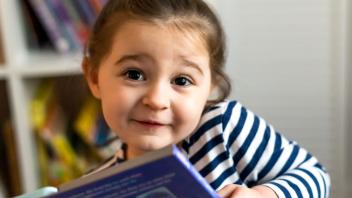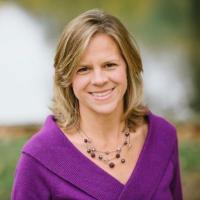My friend Karen has a 4-year old daughter with a September birthday. Karen is still trying to decide whether to send Sophie to kindergarten this fall, so she decided to enroll Sophie in our school’s summer kindergarten camp. K camp is a 5-day morning experience designed to acclimate the kids to school and give the kindergarten teachers a chance to meet the kids, do some very preliminary assessments, and start thinking that class placements for the fall. Karen asked if someone could call her during the week to give her their honest assessment of Sophie’s preparedness for kindergarten.
Karen got the call, and the news (that she expected): Sophie is a great kid but, in their opinion, she’s not ready for kindergarten. The school’s advice is to wait a year before enrolling Sophie. There were multiple reasons, but chiefly among them was the teachers’ perception that Sophie’s social skills would benefit from another year of preschool. “Her social skills?! I thought we had that one covered!” Karen told me. (I should say that Karen and her family are very outgoing and friendly)
Karen and I ended up having a great talk about the difference between social skills at the pool and social skills at school. At school, some of the most important social skills include being able to:
- understand rules and boundaries in the classroom
- share and take turns
- express needs and wants in an appropriate way
- listen to and follow short directions
- play well with others
- manage their supplies and materials with little assistance
Talking this through gave Karen a better sense of social skills as they relate to school. Her intuition was right, and now she has specific thing she’ll be asking her preschool to help with.
For those parents of kids with summer birthdays and the teachers who teach them, how’s my list of social skills for school? What would you add to the list?

